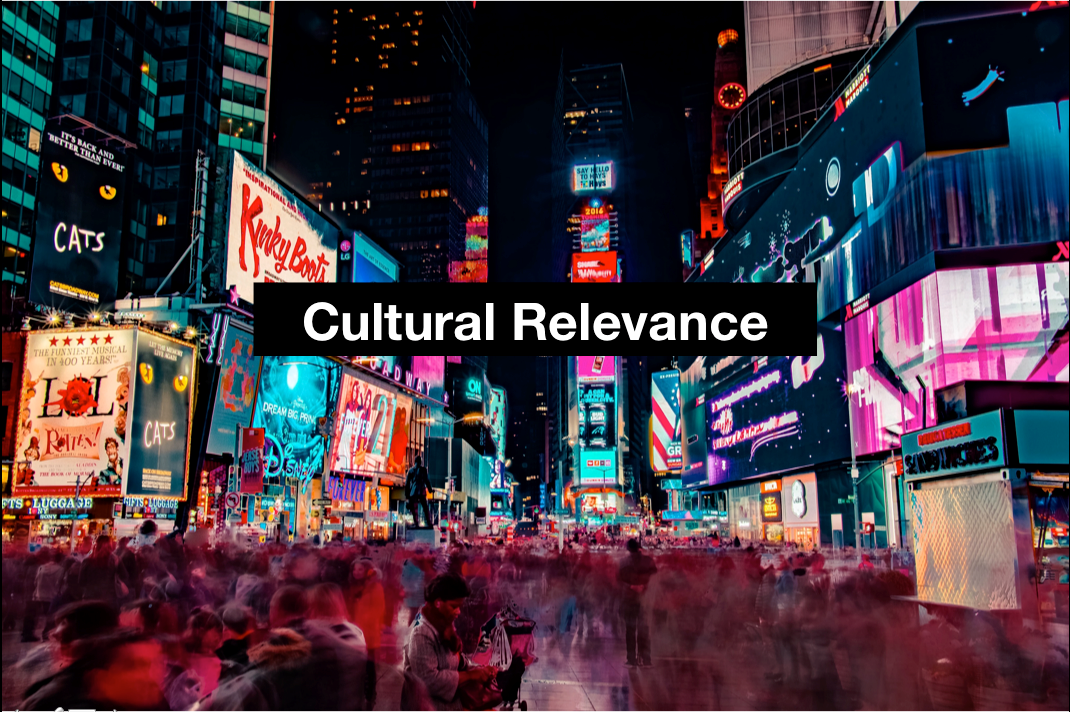By Abimbola Mohammed
As technology evolves continually so are businesses following trends to stay in the faces of their target audience. As seen in today’s world where consumers’ attention and preference change in a jiffy, players in the food and beverage segment must stay ahead of the curve to retain and capture the attention of consumers.
The foregoing summed up the submission of industry experts who maintained that food and beverage brands must leverage cultural trend insights, understand consumers’ cultural background, and incorporate these into their business strategies. They added that it is essential for food and beverage companies to navigate the challenges that come with leveraging cultural trends and effectively measure the impact of these trends on their business performance.
Recently, AB InBev, the world’s largest brewery, made significant strides in the African market by tapping into the values and cultures of the continent to position its global brands successfully.
The beverage giant recognized the importance of resonating with local consumers, took up the challenge of adapting its renowned beer brands such as Budweiser and Stella Artois, to align with the diverse and vibrant African market.
Thomas Lawrence, AB InBev’s Acting Director for High-End brands, emphasized the role of consumers in shaping the direction of the brand. He explained, “The intention is to continue developing campaigns that consumers can relate to. That means telling African stories to an African market.”
Khalil El-Amin, Co-Founder, NicheFire, Cincinnati, Ohio, United States, in his recent post on LinkedIn, mentioned that understanding cultural trends in the food and beverage industry is very important for brands playing in that segment.
According to El-Amin, cultural trends heavily influence consumer behaviour. From dietary preferences to flavour choices, cultural factors play a significant role in shaping the food and beverage landscape, he posited.
He added that recognizing and understanding these trends enables companies to create offerings that resonate with their target market. “By analyzing patterns in consumer behaviour, such as the growing interest in plant-based diets or the increasing demand for ethnic flavours, companies can identify opportunities for growth and adaptation.”
Noting the role of cultural trends in consumer behaviour, he said: “Cultural trends are deeply intertwined with consumer behaviour. People often associate certain foods and beverages with their cultural background or use them to express their identity. For example, a person might choose to drink traditional herbal tea because it reminds them of their heritage or consume a particular type of cuisine to feel a connection to a specific culture. By aligning their offerings with these cultural trends, companies can tap into the emotional and social factors that drive consumer decisions.
“Moreover, cultural trends can also influence how people perceive and consume food. In some cultures, certain foods are considered taboo or sacred, while in others, they are celebrated and enjoyed as part of traditional festivities. Understanding these cultural nuances allows companies to navigate the global market with sensitivity and respect, ensuring that their products and marketing strategies are culturally appropriate and appealing to diverse audiences.”
“Furthermore, cultural trends extend beyond individual preferences and can shape broader societal movements. For instance, the increasing awareness of environmental issues has led to a rise in eco-friendly and sustainable food and beverage options. Consumers are now more inclined to support brands that align with their values and actively contribute to a healthier planet. By incorporating sustainability practices into their operations and product offerings, companies can attract environmentally conscious consumers and contribute to positive change,” he added.
Generally, companies that succeed at creating a brand culture display certain common characteristics and are more likely to outperform the competition over time. A strong brand culture helps companies generate higher margins, drive customer advocacy, attract the right talent and forge key alliances. This creates a cycle of growth that results in higher shareholder value.







Comment
No comments found.